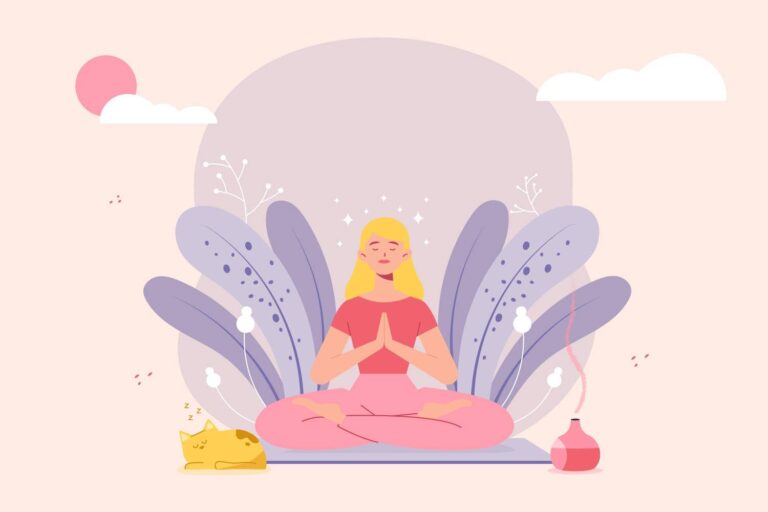10 self acceptance techniques that actually work
Let me guess – you’ve read about self acceptance before. Maybe you’ve even tried affirmations in the mirror, only to feel like you’re lying to yourself. Or you’ve been told to “just love yourself” by someone who has no idea what it’s like to wake up every day wrestling with the voice in your head that says you’re not enough.
I’m not here to feed you another pile of empty advice that sounds pretty but doesn’t actually help.
Self acceptance isn’t about suddenly loving every part of yourself. It’s not about never feeling insecure again or magically becoming confident overnight. It’s messier than that. It’s about learning to exist in your own skin without constantly fighting yourself.
So let’s talk about what actually works.
Related reads
- How to build a healthy relationship with yourself
- Mindful self compassion affirmations: The voice your inner critic doesn’t want you to hear
- Self discovery evening journal prompts: The questions that reveal who you really are
- Self love quiz: How strong is your self love right now?
- The real reason you’re hard on yourself (and how to stop)
What does self acceptance mean
Before we dive into what actually works, let’s get clear on what self acceptance really means. Self acceptance doesn’t mean:
- Loving everything about yourself all the time
- Never wanting to change or grow
- Settling for less than you deserve
- Pretending your struggles don’t exist
How to accept yourself unconditionally starts with understanding this: self acceptance means allowing yourself to exist as you are right now without making your worth conditional on being “fixed” first. It’s permission to be human – flawed, messy, imperfect, and still worthy.
It’s the difference between “I’m not good enough YET” and “I’m enough AND I’m growing.”
Now, here’s how to actually practice that…

1. Stop waiting for “fixed” to accept yourself
You know that story you tell yourself? The one that goes: “I’ll accept myself when I lose the weight / get the promotion / fix my anxiety / become more outgoing.”
That’s a trap. Because there will always be something else to fix. Always another milestone before you “deserve” to be okay with who you are.
What if you accepted yourself and wanted to grow? What if those two things could exist at the same time?
Do this right now: Write down one thing you’re waiting to “fix” before you accept yourself. Then finish this sentence: “I can accept myself today AND still work on ___________.” Notice how different that feels.
I’m not asking you to love your struggles. I’m asking you to stop making your acceptance conditional on becoming someone else first.
2. Name the voice that Isn’t yours
That harsh voice in your head? The one that sounds like a disappointed parent or a cruel middle school bully?
That’s probably not even yours.
Most of our self-criticism is just internalized garbage we picked up from other people. Your mom’s anxiety about appearances. Your dad’s belief that emotions are weakness. That teacher who made you feel stupid. The culture that told you your body was wrong.
Exercise: Think of the last mean thing you said to yourself. Now ask: “Whose voice is that, actually? Who first taught me to think this way?” Give that voice a name even if it’s just “my inner critic” or “the voice that sounds like my ex.”
Sometimes just recognizing it as borrowed criticism takes away half its power.
3. Practice the “and” instead of “but”
Listen to how often you do this: “I’m proud of myself, but I could have done better.”
Every time you use “but,” you erase what came before it.
Try this: “I’m proud of myself, and I can see areas to improve.”
That tiny word swap changes everything. It lets two truths exist at once. You can acknowledge your worth and your growth edge without one canceling out the other.
Do this: Think of something you’re proud of that you’ve been diminishing with a “but.” Say it out loud (yes, out loud) using “and” instead. Say it three times. Let your brain hear the difference.
It feels awkward at first. Your brain will fight you. Do it anyway.
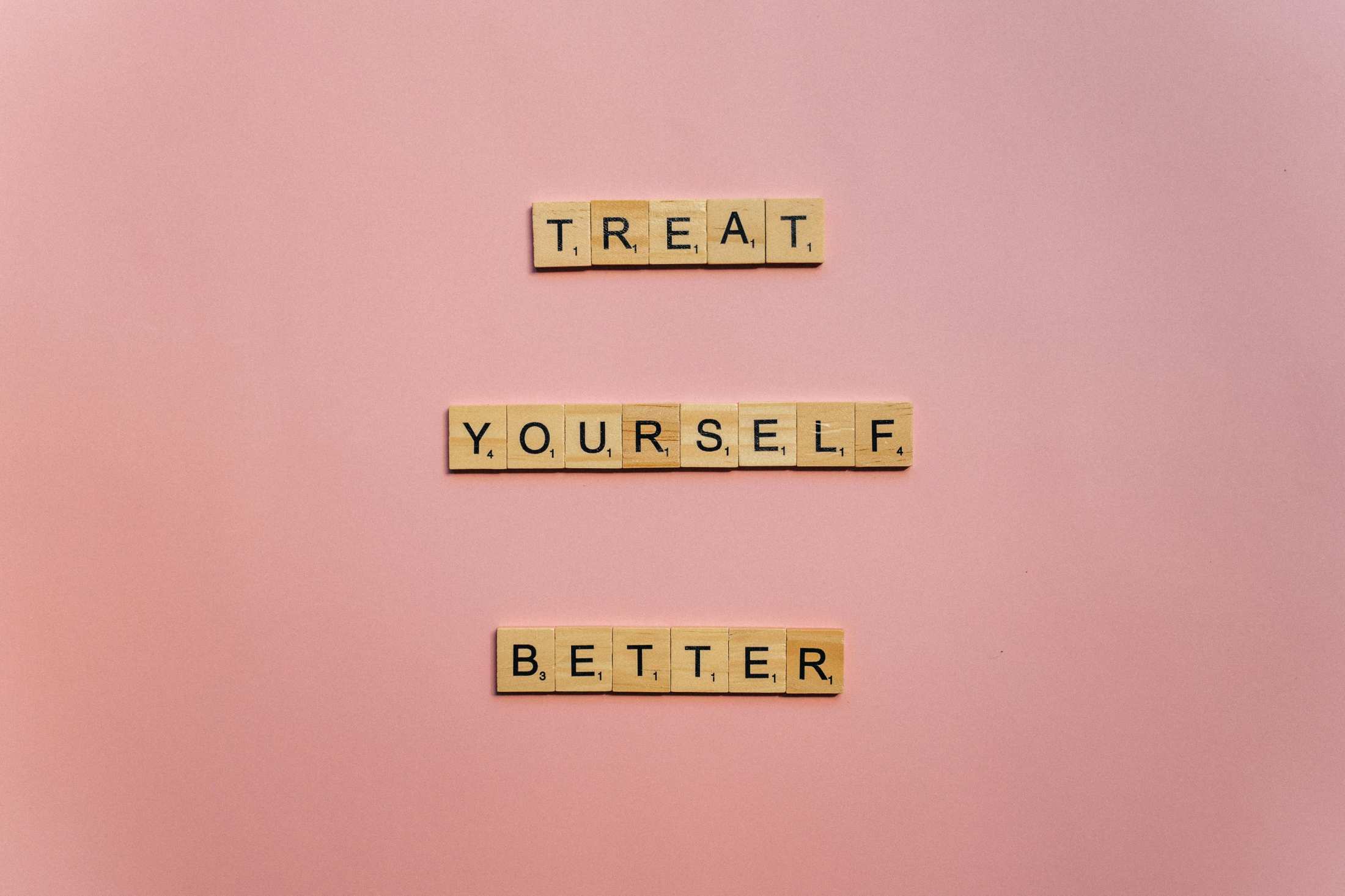
4. Stop comparing your behind-the-scenes to everyone’s highlight reel
You know this one intellectually, but are you actually living it?
You’re comparing your messy Thursday morning – when you snapped at your kid and showed up late with coffee-stained pants – to someone else’s carefully curated Instagram post about their “perfect morning routine.”
You’re comparing your rough draft to their final product. Your chapter three to their finished book.
Do this when you struggle: Next time you catch yourself in a comparison spiral, pause and write down three behind-the-scenes truths about YOUR life right now. The real stuff. The messy stuff. Then remind yourself that everyone else has a list like this too. You just can’t see it.
When you catch yourself in comparison mode, get specific about what you’re actually seeing. “That person posted a filtered photo” is different from “that person has a perfect life I’ll never have.”
Reality check yourself before comparison wrecks yourself.
5. Do one thing you’ve been avoiding because you’re “not good enough”
What are you not letting yourself do until you’re more worthy?
Sign up for the dance class? Wear the outfit? Apply for the job? Ask someone out? Post your work online?
I spent years not sharing my work because I kept thinking “I need to be better first. I need more credentials. I need to sound smarter.” And you know what happened? Nothing. Absolutely nothing happened except time passing and me staying stuck in the same place.
Then one day I just… posted something. It wasn’t perfect. It was actually kind of rough. And nobody died. That’s when I realized – I wasn’t protecting anyone by hiding. I was just protecting myself from being seen.
Self acceptance isn’t just a feeling – it’s an action. It’s doing the thing even though you’re scared people will judge you. Even though you might fail. Even though you’re not “ready.”
Do this right now: Name one thing you’ve been avoiding because you don’t feel “enough” yet. Just one. You don’t have to do it right this second, but commit to doing it this week. Put it in your calendar. Tell someone. Make it real.
Why this works: Every time you do something despite feeling “not ready,” you’re creating evidence that contradicts your brain’s story. Your brain says “I’m not good enough yet.” Your action says “I’m doing it anyway.”
Eventually, your brain has to update its story based on what you’re actually doing, not what it thinks you should wait for.
Pick one thing this week. Just one. Do it badly if you have to. Do it scared. Do it messy. That’s self acceptance in action.
6. Get honest about what you’re actually apologizing for
How many times a day do you say “sorry” when you’ve done nothing wrong?
“Sorry to bother you…” (for asking a legitimate question)
“Sorry, I’m just…” (for having needs)
“Sorry, this might be dumb but…” (for contributing an idea)
Every unnecessary apology is a little rejection of yourself. A signal that your presence, your needs, your thoughts require an apology.
Practice: For the next 24 hours, keep count. Every time you apologize, make a mental tick mark (or keep a note on your phone). Don’t judge yourself for it, just notice. At the end of the day, look at that number. How many of those apologies were for actual wrongdoing versus just… existing?
Then for the next 24 hours, try replacing unnecessary “sorry” with “thank you.” Instead of “sorry I’m late,” try “thank you for waiting.” Instead of “sorry to bother you,” try “thank you for your time.” See how different that feels.
Taking up space isn’t something you need to apologize for.
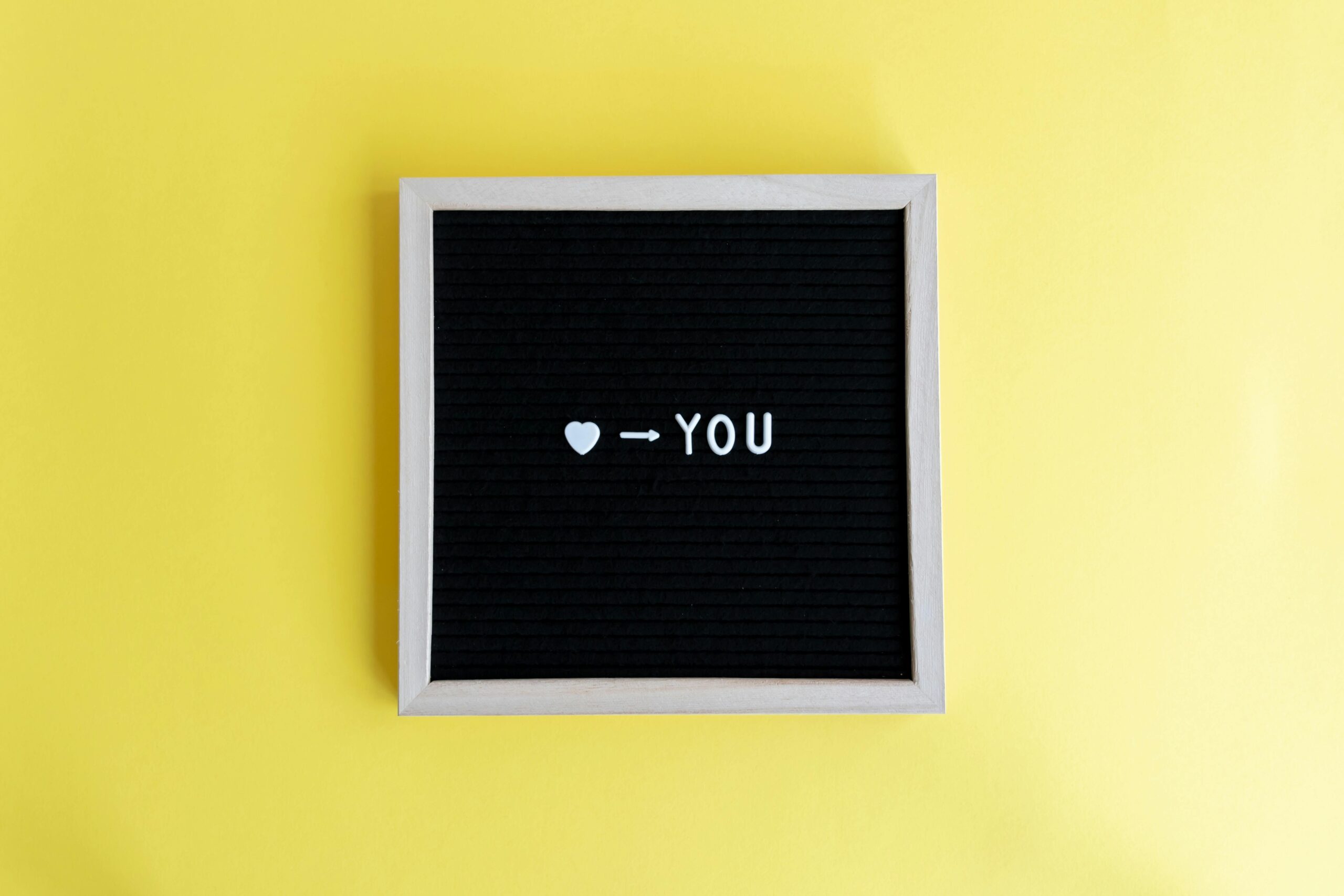
7. Let yourself be imperfect at self acceptance
The irony? Most people can’t accept themselves because they’re not perfect at self acceptance.
You’ll have days when you spiral. When you hate how you look or second-guess every word you said in that meeting. When you feel like all this work is pointless and you’ll never get there.
Those days don’t erase your progress. They’re just part of being human.
Do this right now: Give yourself permission – actual, real permission – to have bad self acceptance days. Write it down if you need to: “I’m allowed to have days where I don’t accept myself, and that doesn’t mean I’m failing.” Put it somewhere you’ll see it.
Self acceptance includes accepting that you won’t always accept yourself. Weird, right? But true.
8. Stop asking “what’s wrong with me?” and start asking “what happened to me?”
This one’s big. When you struggle with something – anxiety, people-pleasing, perfectionism, whatever – your brain probably jumps to: “What’s wrong with me? Why am I like this?”
That question makes you the problem.
I spent years asking myself that question. Why am I so anxious? Why can’t I just relax? Why do I overthink everything? What’s wrong with me that I can’t be normal like everyone else?
Then my therapist stopped me mid-spiral one day and said: “Stop asking what’s wrong with you. Start asking what happened to you.”
It sounds like such a small shift, but it cracked something open in me.
Because suddenly I wasn’t broken. I was adapted. My anxiety wasn’t a flaw – it was a response to growing up in an environment where I had to constantly monitor everything to feel safe. My people-pleasing wasn’t weakness – it was a survival skill I developed when conflict felt dangerous.
None of it was wrong with me. It all made perfect sense given what I’d been through.
One of my favorite quotes on accepting yourself came from my therapist: “You’re not broken. You’re adapted.” I wrote it on a sticky note and put it on my mirror. Some days I believed it. Some days I didn’t. But seeing it every morning slowly rewired something in my brain.
Your coping mechanisms made sense at some point. They kept you safe. They helped you survive. There’s nothing fundamentally broken about you, you just adapted to hard circumstances.
Do this right now: Pick one thing you’re hard on yourself about. Instead of asking “why am I like this?” ask “when did I learn to be like this?” Think back. What was happening in your life when this pattern started? What were you trying to protect yourself from? Write down what comes up – even if it’s painful.
Then take it one step further: Once you’ve identified what happened and what you were protecting yourself from, ask: “Does this protection still serve me now?”
Maybe that anxiety that kept you vigilant as a kid is now keeping you from taking necessary risks. Maybe that people-pleasing that kept you safe in a volatile home is now keeping you from having authentic relationships.
You can honor that these patterns helped you survive AND recognize they might be holding you back now. Both can be true.
9. Find your people who let you be yourself
You can’t self-accept in a vacuum. If you’re surrounded by people who make you feel like you need to perform, shrink, or fake it constantly, self acceptance becomes nearly impossible.
You need at least one or two people around whom you can be fully yourself. Messy hair, strong opinions, bad moods, weird interests, and all.
Practice: Make two lists.
List one: people around whom you feel like you can breathe, be messy, be real. List two: people around whom you hold your breath, perform, or censor yourself.
Look at how much time you’re spending with each list. What needs to change?
If list 2 (people who drain you) is full of unavoidable people like coworkers or family, you don’t have to cut them out. Just be strategic. Limit your time with them. Stop trying to get acceptance from them. Save your real self for list 1.
If list 1 is empty or has only one person, that’s your priority. You need to find your people. Join communities around your actual interests. Show up as your real self online. Take classes, join groups, go to meetups. Yes, it’s awkward. Do it anyway.
And if you truly don’t have anyone yet? Start with yourself. Practice being the person for yourself that you wish someone else would be. That’s not sad – that’s how you learn what acceptance actually feels like.
Build your world around the ones who let you breathe.
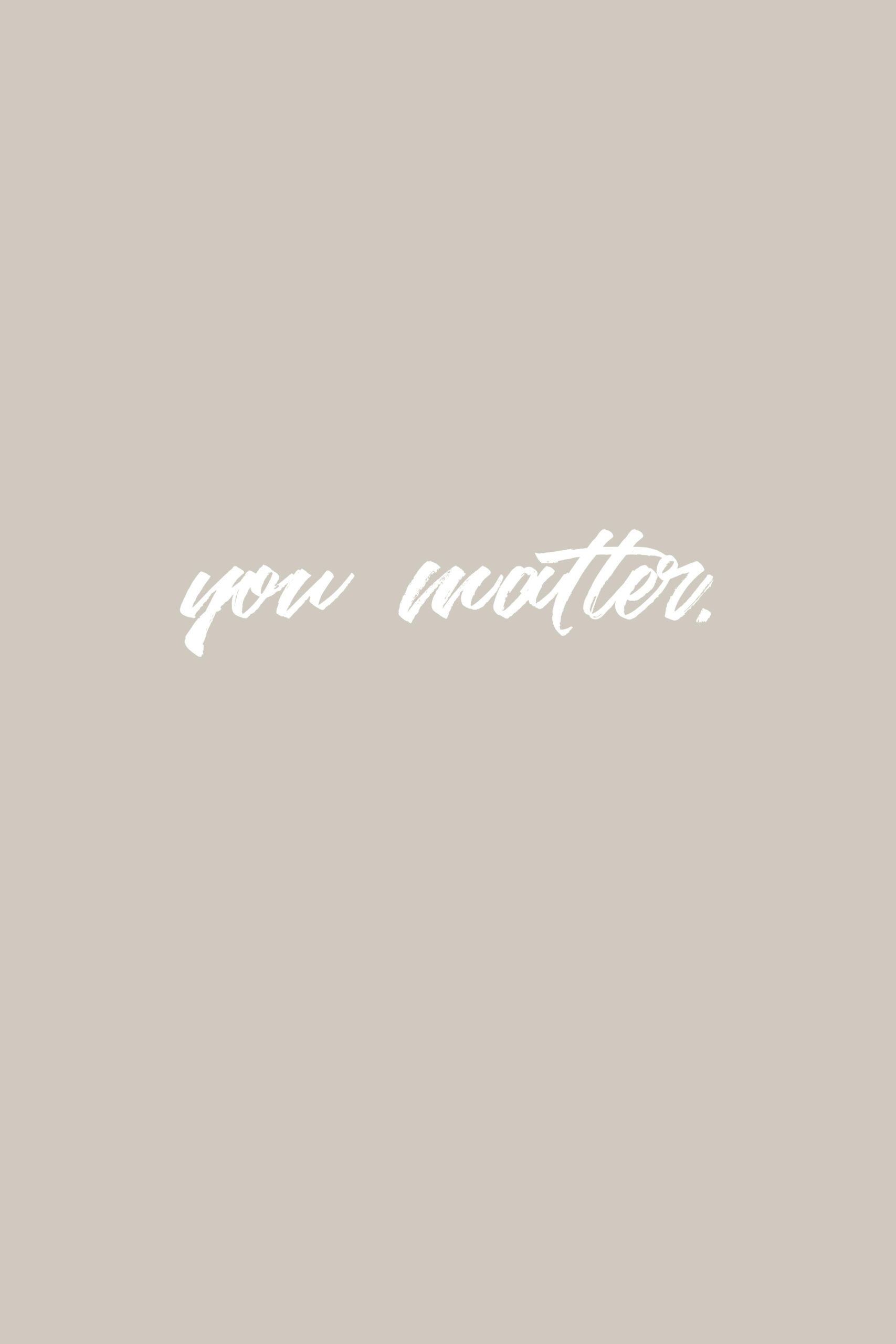
10. Celebrate the small evidence
Your brain is wired to notice what’s wrong. It’s looking for threats, problems, things to fix. So you have to actively train it to notice evidence of your worth.
Not in a toxic positivity “everything is amazing” way. In a realistic “here’s proof I’m handling life” way.
Did you get out of bed on a hard day? That counts. Did you set a boundary even though it was uncomfortable? That counts. Did you try something new even though you felt awkward? That counts.
The thing about learning how to accept yourself unconditionally is that you can’t think your way there. You have to build evidence that contradicts what your brain keeps telling you.
Do this: Open your phone. Create a note called “evidence.” Right now, before you finish reading this, write down THREE things from this week that are proof you’re handling your life. They don’t have to be big. They just have to be true.
Keep adding to this list. On the rough days, you’ll need it.
Best quotes on accepting yourself
Sometimes you need to hear it from someone else before you can believe it yourself. Keep these quotes for the hard days:
“The curious paradox is that when I accept myself just as I am, then I can change.” Carl Rogers
“The most terrifying thing is to accept oneself completely.” Carl Jung
“You are imperfect, permanently and inevitably flawed. And you are beautiful.” Amy Bloom
“You have been criticizing yourself for years, and it hasn’t worked. Try approving of yourself and see what happens.” Louise Hay
“Owning our story and loving ourselves through that process is the bravest thing that we’ll ever do.” Brené Brown
“We cannot think of being acceptable to others until we have first proven acceptable to ourselves.” Malcolm X
“You yourself, as much as anybody in the entire universe, deserve your love and affection.” Buddha
Self acceptance journal prompts that actually help
If you want to go deeper, these self acceptance journal prompts cut through the surface-level stuff and get you to what’s real:
Daily prompts:
- What part of myself am I fighting today, and what would happen if I just… stopped?
- What would change if I accepted myself exactly as I am right now?
- What am I waiting to “fix” before I let myself be okay?
Weekly prompts:
- Write to yourself like you’re talking to someone you love. What would you say about where you are right now?
- What happened that taught me to reject this part of myself?
- If I accepted myself unconditionally, what would I do differently tomorrow?
When you’re struggling:
- What would someone who loves me want me to remember right now?
- What’s the smallest way I can accept myself in this moment?
- What part of me needs my compassion most today?
Use these when the exercises feel too hard or you need to process something deeper. Sometimes writing it out is the only way to see what you’ve been avoiding.
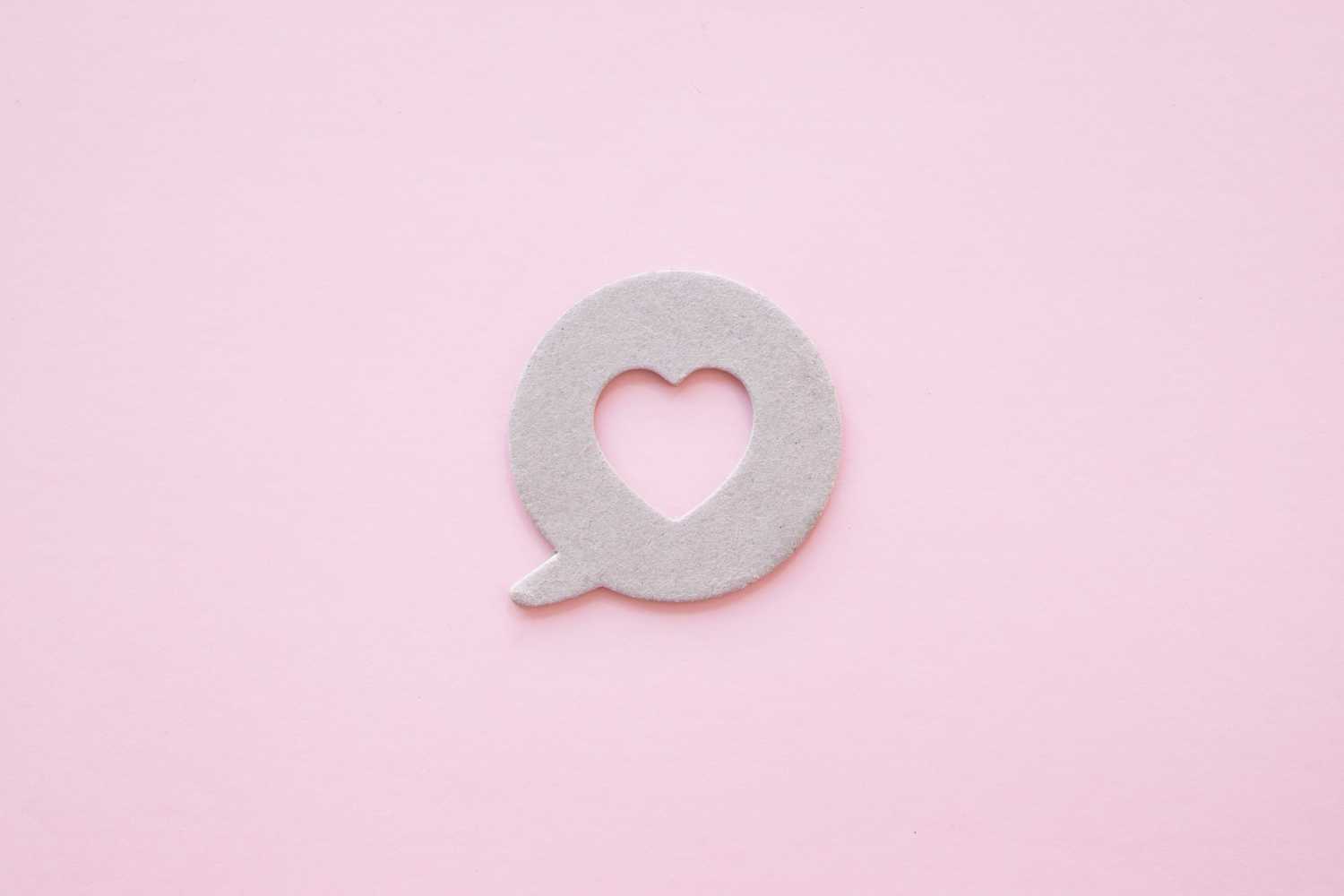
The truth about self acceptance
Self acceptance doesn’t feel like fireworks. It doesn’t feel like suddenly being confident or loving yourself all the time.
It feels quieter than that. It feels like not spiraling for three hours after you say something awkward. It feels like choosing the salad or the burger based on what you actually want, not what you think you “should” eat.
It feels like looking in the mirror and thinking “yeah, okay” instead of mentally destroying yourself. It feels like taking up space without apologizing for it. It feels like someone criticizing you and thinking “they might be right about that thing, and I’m still okay as a person.” Both things true at once.
It feels like making a mistake at work and your first thought being “okay, how do I fix this” instead of “I’m terrible at my job and everyone knows it.” It feels like your friend canceling plans and assuming they’re busy instead of assuming they hate you.
It’s not dramatic. It’s just… easier. Lighter. Like you can finally stop fighting yourself and use that energy for literally anything else.
And that? That’s worth every awkward, messy step it takes to get there.
Do this in the next 5 minutes
Before you close this tab and forget everything you just read, do this one thing:
Open your phone right now. Set a reminder for tomorrow morning that says: “What’s one small way I can accept myself today?”
That’s it. Just that question. Every morning for the next week.
You don’t have to have the answer right away. You don’t have to do anything huge. Just ask yourself the question and see what comes up.
Because self acceptance isn’t one big moment. It’s a thousand tiny choices to stop fighting yourself and start existing alongside yourself instead.
Start tomorrow. Start small. Start messy.
Want to go deeper? My workbooks give you the exact exercises, prompts, and practices to make change real in your life – not just something you read about and forget. Because reading about change is nice. Actually changing? That requires doing the work.






